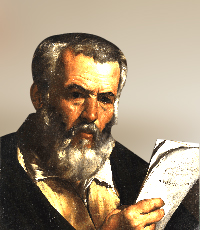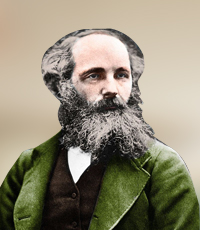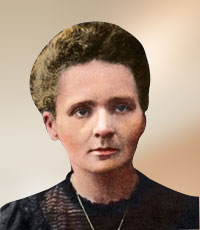
Marie Skłodowska Curie born Maria Salomea Skłodowska 7 November 1867 – 4 July 1934 was a Polish and naturalized-French physicist and chemist. who conducted pioneering research on radioactivity.
As part of the Curie family legacy of five Nobel Prizes, she was the first woman to win a Nobel Prize, the first person and the only woman to win the Nobel Prize twice, and the only person to win the Nobel Prize in two scientific fields. She was also the first woman to become a professor at the University of Paris.
She was born in Warsaw, in what was then the Kingdom of Poland, part of the Russian Empire. She studied at Warsaw's clandestine Flying University and began her practical scientific training in Warsaw. In 1891, aged 24, she followed her elder sister Bronisława to study in Paris, where she earned her higher degrees and conducted her subsequent scientific work.
The world's first studies were conducted into the treatment of neoplasms using radioactive isotopes. She founded the Curie Institutes in Paris and in Warsaw, which remain major centres of medical research today. During World War I she developed mobile radiography units to provide X-ray services to field hospitals.
Marie Curie died in 1934, aged 66, at a sanatorium in Sancellemoz (Haute-Savoie), France, of aplastic anaemia from exposure to radiation in the course of her scientific research and in the course of her radiological work at field hospitals during World War I. In 1995, she became the first woman to be entombed on her own merits in the Panthéon in Paris.
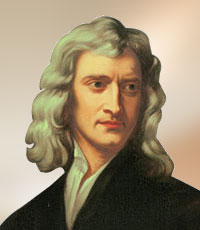
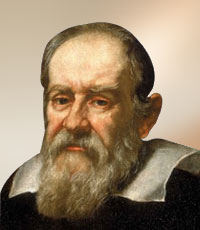
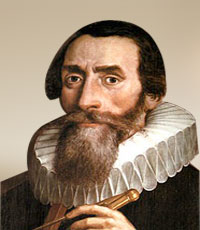
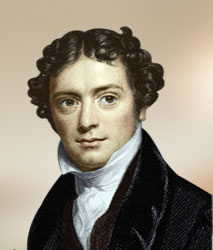
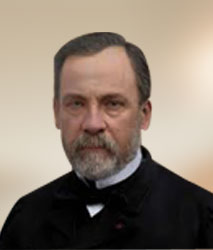
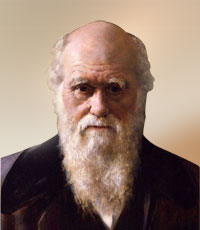
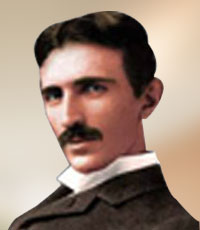
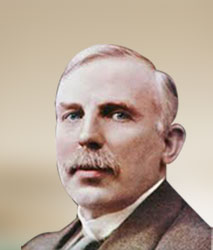
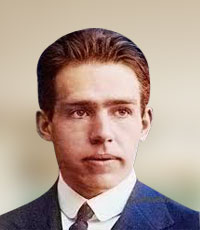
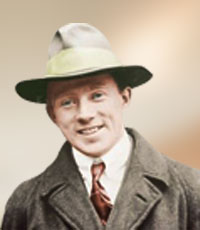
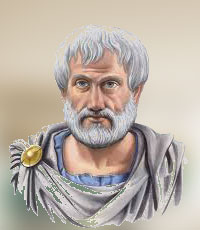
.jpg)
